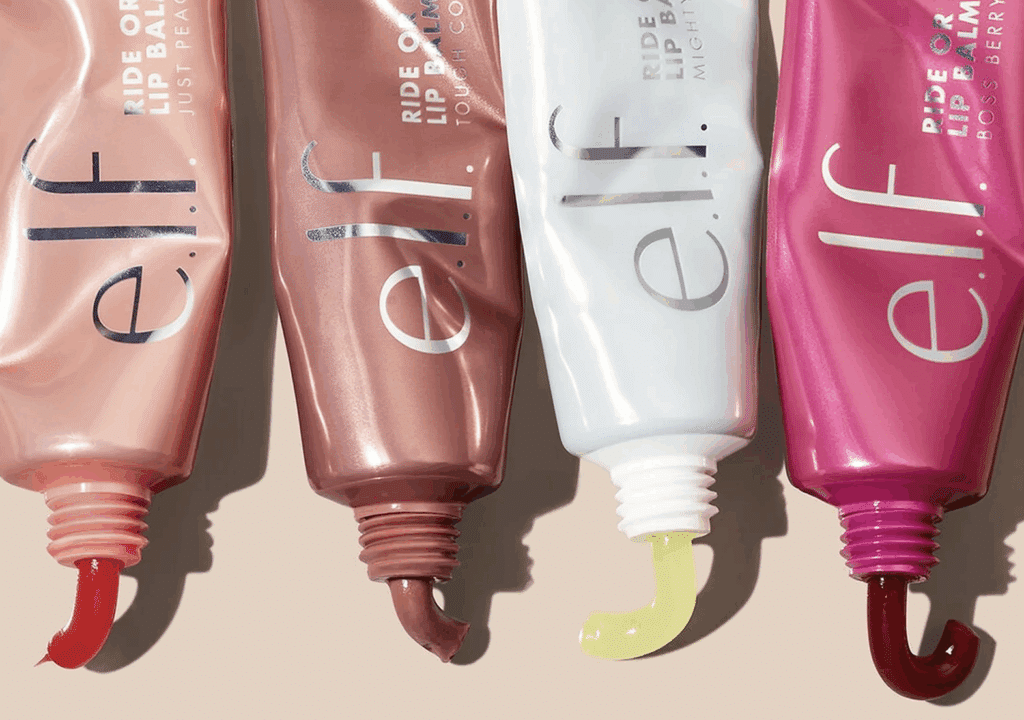The world is something of a different place now compared to November when LVMH Moët Hennessy Louis Vuitton and Tiffany & Co. struck a deal that would see the Paris-based luxury goods conglomerate acquire the famed jewelry company for just upwards of $16 billion. After months of speculation and back-and-forth between the two well-known entities over the price and terms of the much-rumored deal, they landed on a $16.2 billion cash figure, giving the transaction a 7.5 percent premium over Tiffany’s share price at the time, and a more than 50 percent increase compared to where Tiffany’s stock price stood before LVMH launched its effort to acquire the 182-year old company.
Now, the parties to the deal – which was expected to close in the second quarter of the year and has since reportedly been pushed back further – may be going back to the drawing board if the reports coming from fashion industry trade publications are any indication. On Tuesday, NYSE-traded Tiffany & Co.’s shares were trading at a 15 percent discount compared to the $135 per share price that LVMH agreed to pay in November, and as the Wall Street Journal’s Carol Ryan wrote on Wednesday, “It is understandable if Europe’s richest man, Bernard Arnault, is feeling buyer’s remorse over last year’s $16.2 billion offer for Tiffany & Co.” as the COVID-19 pandemic “has pushed out his prospects for getting value from the deal.”
Against that background, “Investors [are] concerned,” Ryan asserted, stating that “in recent weeks, the spread between the offer price and where Tiffany’s stock was trading indicated that shareholders were pricing in an 11 percent to 18 percent chance of the deal collapsing, based on data from hedge fund consultant Northstar Risk Corp.” This week, that number “spiked to 36 percent.” Meanwhile, CNBC has since revealed that the deal, which will be LVMH’s largest to date, does not appear to be on shaky ground, while citing sources that say that Tiffany’s legal team is prepared to file suit if LVMH pushes a price renegotiation of their existing deal.
Any reported doubts over the deal come as the spread of COVID-19, paired with widespread civil unrest across the U.S. as a result of recent race-based police-initiated (and non-police-initiated) deaths, wreak havoc on the markets, and are likely part of a larger pool of setbacks in the U.S. mergers and acquisitions market’s recent historic performance.
Frost Brown Todd LLC attorneys Bryan Mattingly and Keeana Sajadi Boarman, both of whom focus on M&A transactions, say that an array of key M&A-related issues are arising in the immediate wake of COVId-19, from shifting leverage (“Sellers should expect that leverage may begin to swing back to buyers.”) to significant changes in terms of timing and also in terms of financing. In regards to the latter, they state that “the debt and equity financing markets will likely become more lender and investor-friendly.”
Worthy of particular attention in this evolving landscape is the determination of value in connection with such deals, as valuation is “one of the most fundamental components of a sale transaction.” Because COVID-19 pandemic has “created uncertainties regarding the impact of the pandemic on both the historical operations and future prospects of a business,” particularly when it comes to luxury goods sales and demand, it has made the determination of a company’s value “more challenging than ever.” This reality is being further exacerbated by “the reduction in market comparable sales data brought on by the reduction in M&A activity.”
“While the pandemic has made valuation more challenging, buyers and sellers occasionally have to deal with significant disagreements over value in the normal course,” according to Mattingly and Boarman. “Some of the mechanisms used to bridge those gaps in the past could be used, possibly with modifications, to address challenges brought on by the pandemic.”














